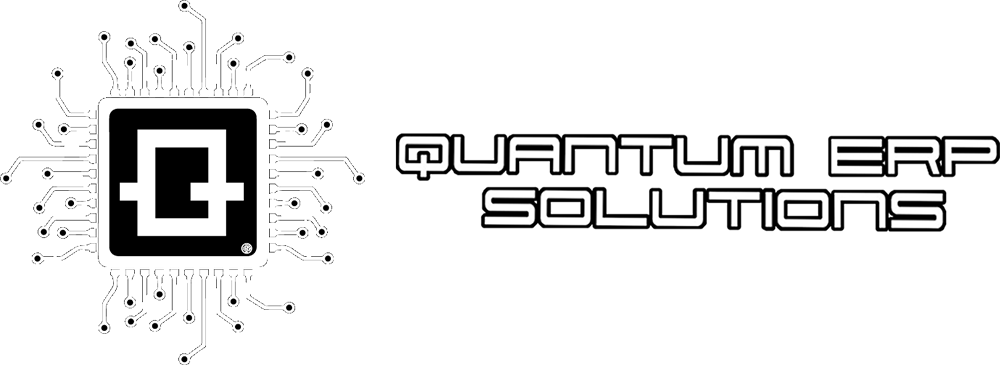Understanding the Cost of ERP Software
Posted on 30th October, 2023

According to the latest reports, the average budget for an ERP project is $9,000. Still, when you factor in how many users your system will have, especially for larger businesses, and the added costs, you will find that ERP implementation can cost between $150,000 and $750,000 for a mid-sized business.
Since this is a broad benchmark, to plan a more accurate budget, you will have to consider the specific requirements of your business. Even if you already have the funds necessary to invest in a new ERP system, you will have to set your budget and justify the costs.
Although not all of these components will apply to all implementations, they should be considered so that you can decide which ERP is right for your business. These are some of the key components in planning the cost of ERP:
- software licensing fees
- additional servers and network hardware
- data conversion and transfer to the new ERP
- customization if necessary
- testing the ERP system
- vendor support post-implementation
There are plenty of reasons why a business would want to purchase a new ERP system. Some of the most common are increasing productivity, reducing labor costs, and improving business intelligence resulting from better data capture and analysis. You must make sure that you can justify the expenditure now but also that it will prove to be justified later on. You will need to justify the ERP cost by opting for the right pricing model for your organization, as well as being meticulous about precisely which modules and features you need and what you expect your ERP to deliver in terms of financial value. Not all modules will benefit all businesses, so you should make your decision carefully. Take into consideration the following:
- financial management
- CRM
- sales and marketing
- HR management
- manufacturing/engineering/production
- SCM
- inventory management
- purchasing
One of the biggest risks in any tech investment is the possibility of being oversold. Many features sound exciting, but you will never use those, whereas some may be needed later. Therefore, to calculate the correct ERP budget and invest wisely, you should choose only the features that you need. Must-haves usually include financial management tools, accounting, and inventory management, but not all organizations will need a B2C commerce interface, for instance. Moreover, there could also be features that you do not need now but might need in the future. For instance, you might not need multi-currency or multilingual capabilities in your financial module today, but if you are to be launching in new markets, it could be a lot cheaper to include these features from the beginning rather than having to retrofit later.
Researching vendors and their prices, offerings, and customer service options will help you make a well-informed decision. However, the best cost assessment will come after you have met with the vendor to talk about your project in detail. When in discussions with sales representatives, do not forget to factor in the long-term costs associated with the ERP system, such as maintenance fees, upgrades, employee training, and consulting services. Furthermore, make sure it is a system you will not outgrow in five years.
An ERP system can provide significant, long-term cost savings and increased efficiency for your business, making it a worthwhile investment. Comparing prices of ERP can take a lot of time and effort, particularly considering different types of licenses or deployment models. With so many different variables, it can be hard to create a reasonable and accurate budget, but we hope we have given you some insight into the cost of implementing an ERP system for your organization.
Quantum ERP Solutions can help you select the most efficient ERP system for your business
Our team of experts provides certified resources in novel business applications covering a wide range of technology stacks. We work with reputable software companies to ensure the implementation, customization, and automation of Epicor ERP, and Oracle NetSuite. At Quantum ERP Solutions, we can diligently assist you throughout every project phase to achieve results that will improve operational efficiency.
We also offer project management, functional consultancy, technical consultancy, development, and quality assurance. If you are looking to implement a new ERP system, we encourage you to contact us, and we will gladly help you.
